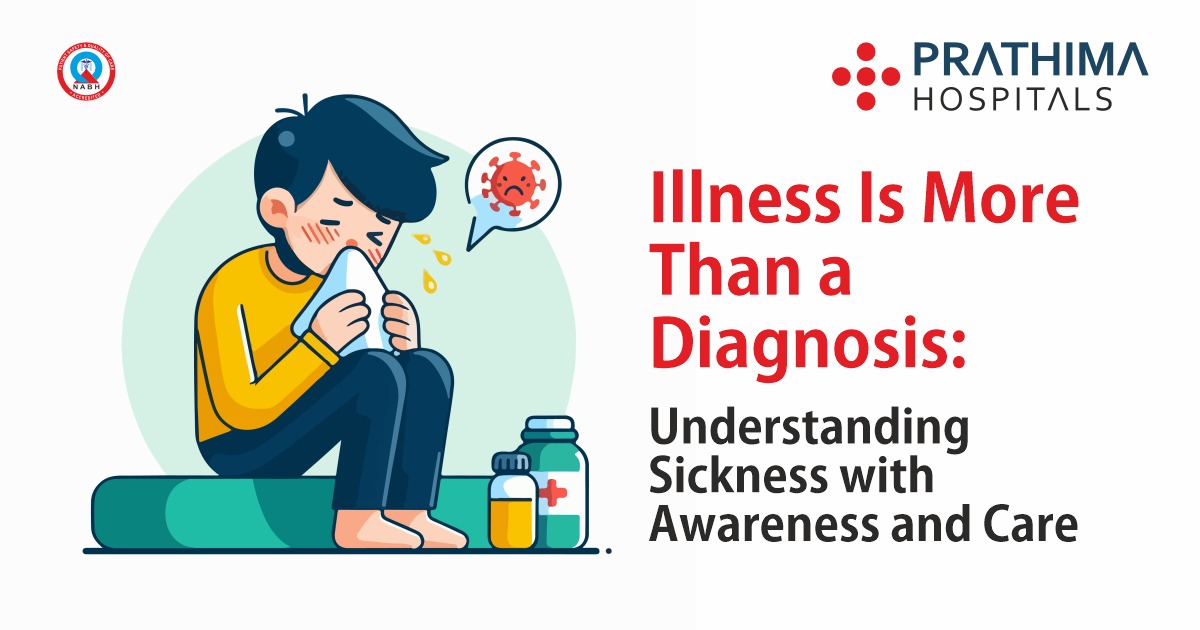Rare Surgery performed by Prathima Hospitals, Kachiguda
Hyderbad, 21st July 2017, Prathima Hospitals Kachiguda a unit of Prathima group performed a complex rare surgery called Carotid Tumor for a 42-year-old female patient. This procedure involved extreme risk and needed high dexterity on the part of the general surgeon performing it. The procedure was successfully performed by renowned Dr. L Sridhar and an equally proficient team of Dr. R Raghunandhan, Anaesthesiologist Dr. Umakanth, Dr. Harish and Dr. ML Prashanth Kumar.
Carotid Tumor Surgery performed by Prathima Hospitals
The 42-year old patient was suffering with the tumor from the last 2 years. The patient was not able to intake food properly due to which the whole food passage section got blocked. The patient had contacted many hospitals in the city and everybody denied to take-up the case due to the complexity of the tumor. Major reasons distinguished for tumor is the place where the patient is residing, the patient is living in a hill station, where the oxygen levels are considerably low.
Carotid Tumour splits artery section of the throat into two parts, where the scope of generating tumor is very high. 10% to 15% of these tumors can turn into cancer, in some cases, it might cause to sudden death. There is no medicinal treatment for these kinds of problems and surgery is the only available option.
An elated Dr L Sridhar, General surgeon, talking about the procedure said, “It’s a complex procedure which needed a skilled team of doctors because the whole blood circulation to the brain passes through this section. The outcome is extremely promising.
We performed surgery on 13th of July, at present patient is recovering well. Patient will now able to take fluids normally and will very soon take food without having any difficulty. We are discharging patient today “






Warning: Undefined variable $req in /home/u885608126/domains/prathimahospitals.com/public_html/wp-content/themes/prathimahospitals/functions.php on line 294
Warning: Undefined variable $commenter in /home/u885608126/domains/prathimahospitals.com/public_html/wp-content/themes/prathimahospitals/functions.php on line 295
Warning: Trying to access array offset on value of type null in /home/u885608126/domains/prathimahospitals.com/public_html/wp-content/themes/prathimahospitals/functions.php on line 295
Warning: Undefined variable $aria_req in /home/u885608126/domains/prathimahospitals.com/public_html/wp-content/themes/prathimahospitals/functions.php on line 295
Warning: Undefined variable $req in /home/u885608126/domains/prathimahospitals.com/public_html/wp-content/themes/prathimahospitals/functions.php on line 298
Warning: Undefined variable $commenter in /home/u885608126/domains/prathimahospitals.com/public_html/wp-content/themes/prathimahospitals/functions.php on line 299
Warning: Trying to access array offset on value of type null in /home/u885608126/domains/prathimahospitals.com/public_html/wp-content/themes/prathimahospitals/functions.php on line 299
Warning: Undefined variable $aria_req in /home/u885608126/domains/prathimahospitals.com/public_html/wp-content/themes/prathimahospitals/functions.php on line 300
Warning: Undefined variable $commenter in /home/u885608126/domains/prathimahospitals.com/public_html/wp-content/themes/prathimahospitals/functions.php on line 303
Warning: Trying to access array offset on value of type null in /home/u885608126/domains/prathimahospitals.com/public_html/wp-content/themes/prathimahospitals/functions.php on line 303